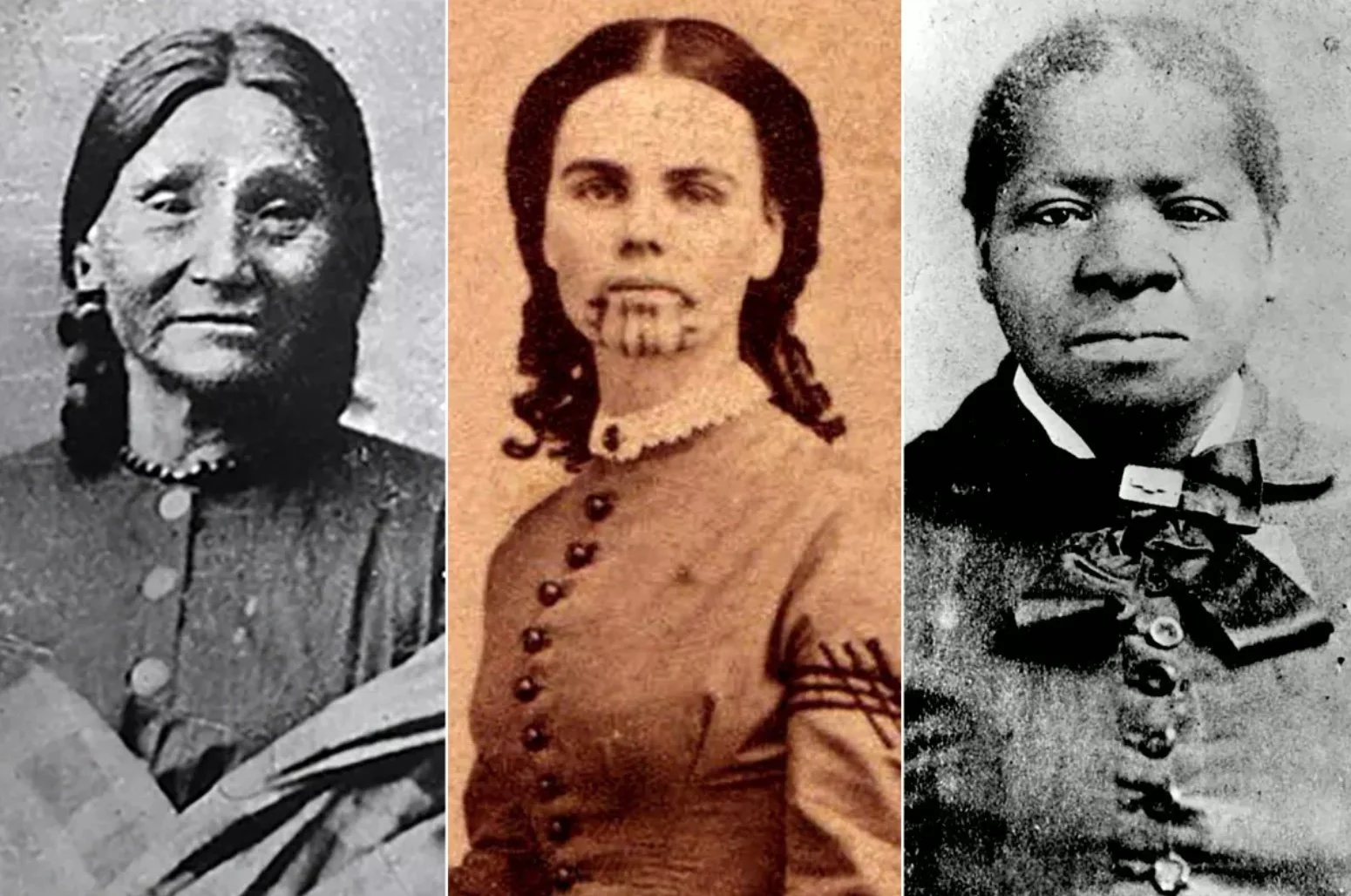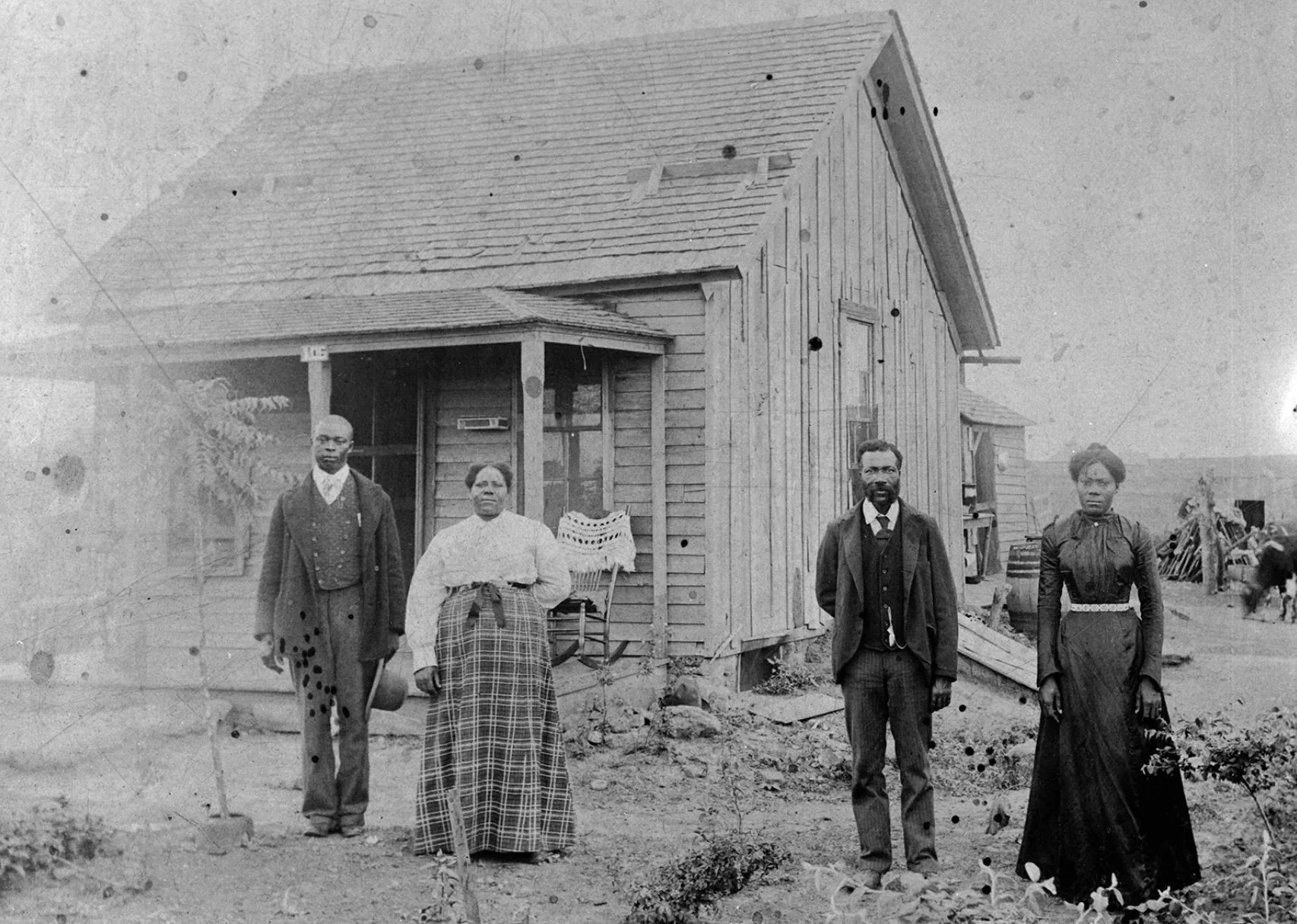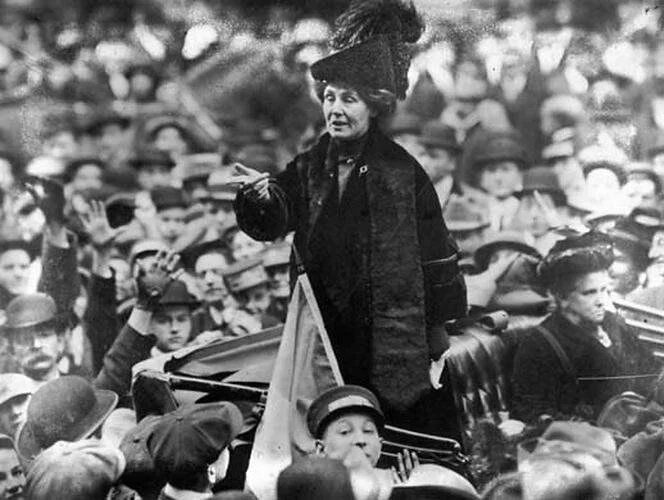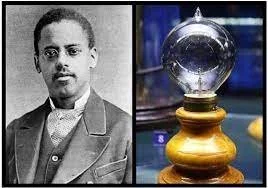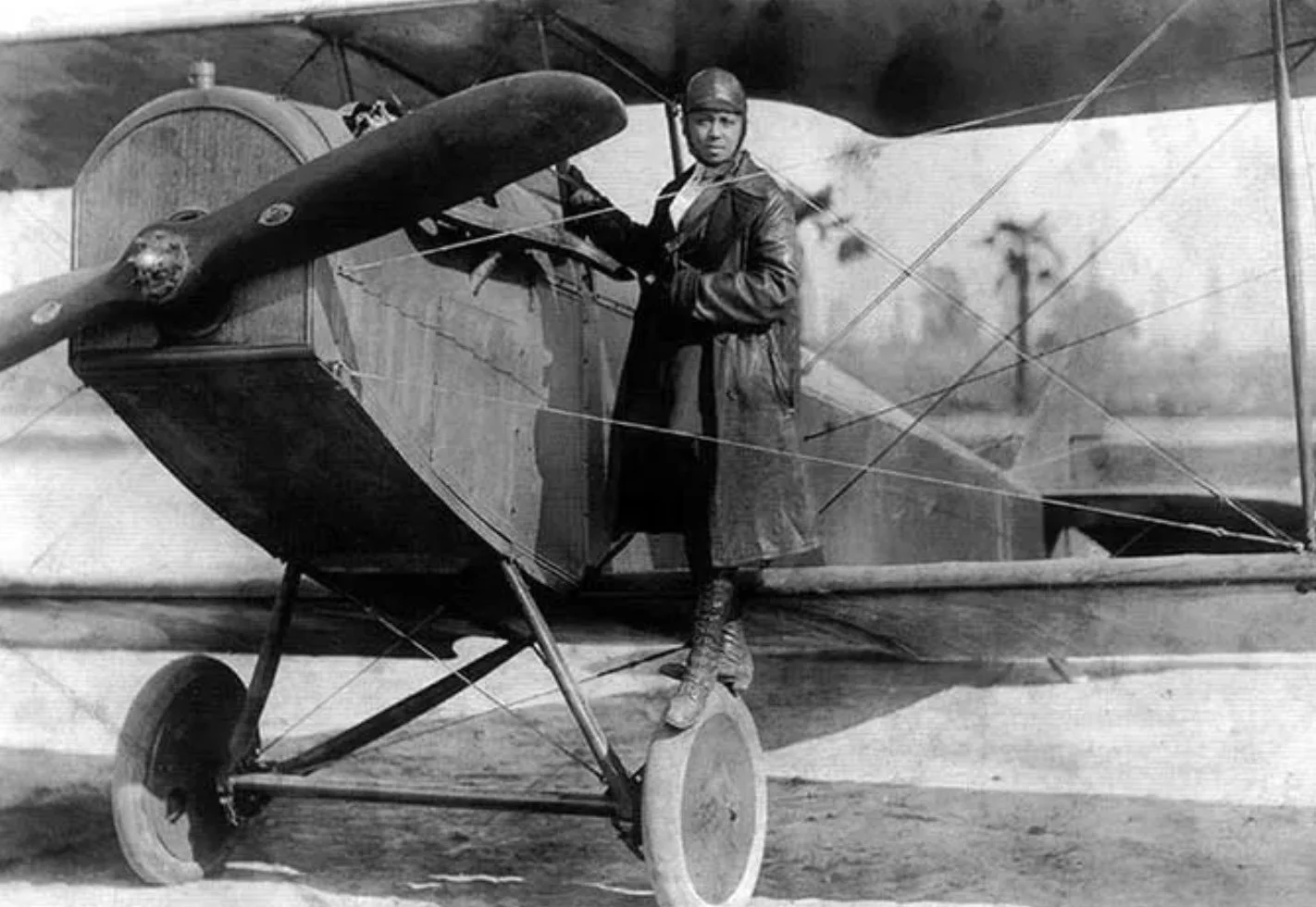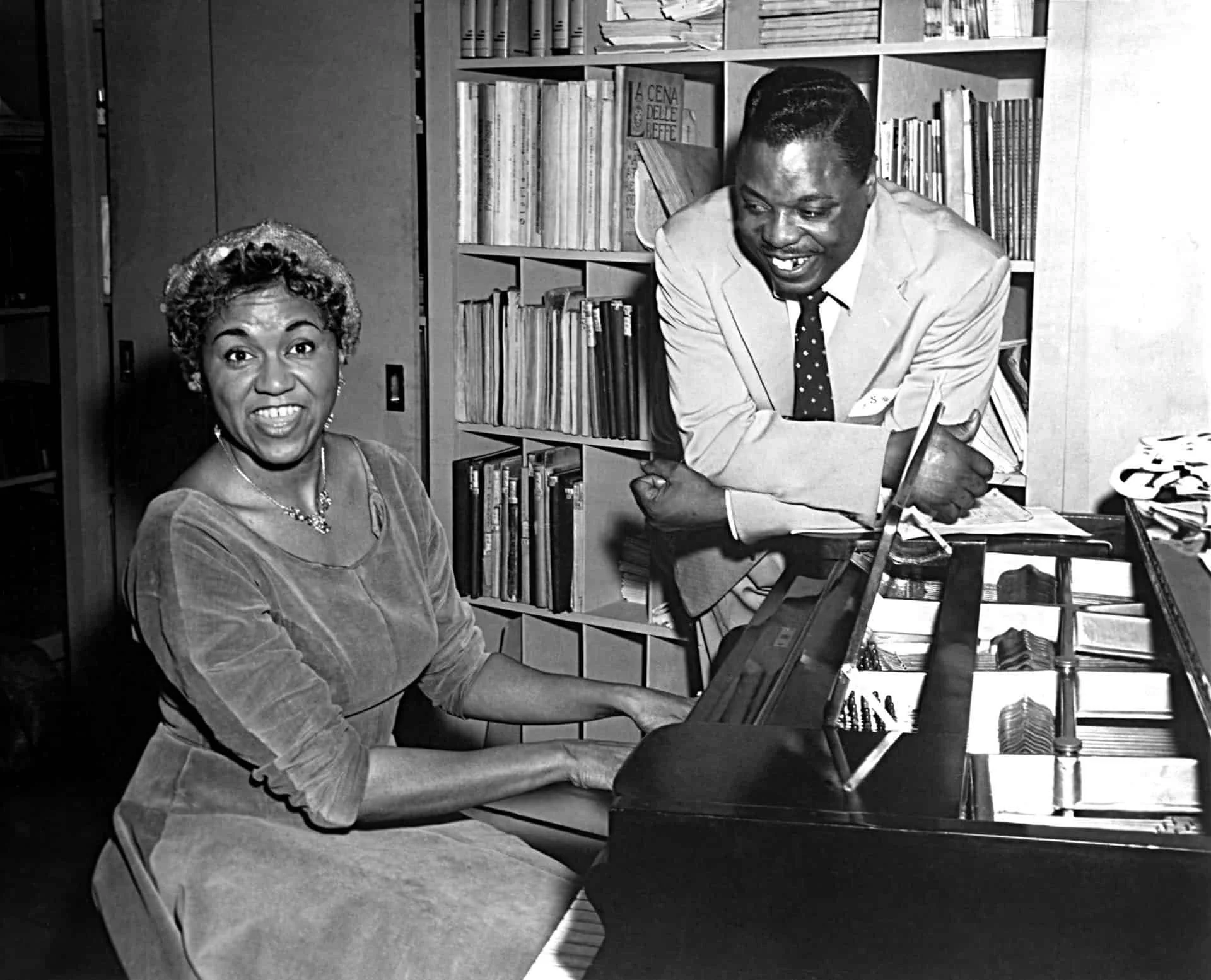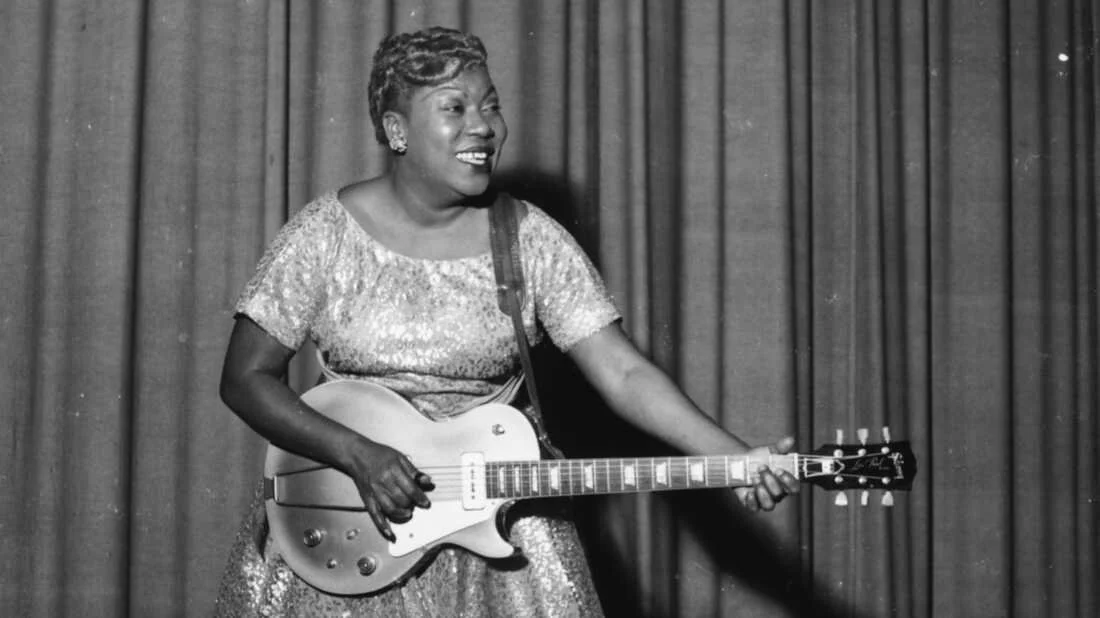By The Landlord
“Hardship! ‘tis a pleasure, children, and the greatest that is left me on this side the grave.”– James Fenimore Cooper, The Pioneers
“I wouldn't give a tinker's damn for a man who isn't sometimes afraid. Fear's the spice that makes it interesting to go ahead … All you need for happiness is a good gun, a good horse, and a good wife … I have never been lost, but I will admit to being confused for several weeks.” – Daniel Boone
“We primeval forests felling,
We the rivers stemming, vexing we and piercing deep the mines within,
We the surface broad surveying, we the virgin soil upheaving,
Pioneers! O pioneers!” – Walt Whitman (1865)
“You can always spot the pioneers by the arrows in their backs.” – William H. Calvin
“There are always two kinds of people in the world - those who pioneer and those who plod. The plodders always attack the pioneers. They say that the pioneers have gobbled up all the opportunity, when, as a plain matter of fact, the plodders would have nowhere to plod had not the pioneers first cleared the way.” – Henry Ford
“It's not always as comfortable blazing the trail as it is walking on it.” – Joan Lunden
“The person who follows the crowd will usually go no further than the crowd. The person who walks alone is likely to find himself in places no one has ever seen before.” – Albert Einstein
“Nobody ever understands what a pioneer is doing.” – Timothy Leary
“Like the pioneers of old, a creative person breaks new ground daily.” – Anna Olson
“Can't no man play like me.” – Sister Rosetta Tharpe
Someone has to do it. But what first comes to mind with the word pioneer or pioneering? Arguably there have been pioneers since when fish crawled on land, we first began to evolve, when our human ancestors first ventured out of Africa across the continents. But firstly, perhaps you picture terrified families in wobbly, rounded wagons trundling from Missouri across the mid-west through a windswept, hostile wilderness, on the 2,000-mile Oregon Trail or the Sante Fe trail to New Mexico or California? It’s a harsh history of bravery and tragedy. On the Oregon trail it is estimated 10% of of pioneers perished, the equivalent to 20 graves per mile, mostly unmarked.
Perhaps then pioneer might summon up the world of Davy Crockett (1786–1836) or Daniel Boone (1734–1820), or James Fenimore Cooper’s popular novels such as The Deerslayer (1841) or Last of the Mohicans, of European and other immigrants chopping their way through a slow motion search for land and new life, forming in circles to facing the onslaught by, or indeed slaughter of threatened indigenous settlers? Grabbing land, building houses out of sod or logs and mud or holes in the hillside, hunting animals, forming small ramshackle towns, and creating a frontier culture veering between a sense of community, but also competitively trigger sensitive, and easily twitching into ‘every man for himself’? Such are the patterns of history. As Cooper puts it in The Last of the Mohicans: “Every trail has its end, and every calamity brings its lesson!”
19th century mid-west pioneers
There’s plenty of folk songs and other forms of music to capture those not-so-romantic days, and Joni Mitchell, for example, tells us that: “I come from pioneer stock, developers of the West, people who went out into the wilderness and set up home with nothing but a pair of oxen.”
Frontier culture is filled with harsh history tales, not just for white Europeans, but also freed black slaves who ventured to areas no one else wanted. This African-American pioneer family formed a homestead in Nicodemus, Graham county, Kansas, in the late 1800s having been freed from slavery in the South.
Former slave pioneers find a home in Graham county, Kansas in the late 1800s
But the word pioneer might also mean more for this topic. It originates with the Middle French pionnier (meaning a foot soldier, or soldier involved in digging trenches), from the same root as peon or pawn. So pioneer also suggests those who sacrificed themselves for those who would come after them. “The footsteps of a pioneer become ultimately the highway of a nation,” wrote Ameen Rihani who came from another path. This late 19th-century Lebanese-American writer was also political activist figure in the mahjar literary movement developed by Arab emigrants in North America.
And that physical path metaphor might be applied anywhere, even to space itself. “Unfortunately, pioneers will always pave the way with sacrifices,” said the astronaut and Buzz Aldrin, suggesting that personal cost not only comes to those who made their name, but also from the sacrifices of those before them, and those behind the scenes, those or tried and failed or succeeded, all kinds of the people and not to mention sacrificial animals, from Yuri Gagarin to the many Leikas.
So this week’s topic might apply to pioneers in all fields in which key figures, famous or otherwise has in way broken new ground or chartered new waters in any form of physical or creative exploration – perhaps in science, art, music, medicine and beyond, as long as it captures colourful stories and a rich sense of history.
What characteristics do pioneers share? Toughness? Courage? Fortitude? A boldness to be different and go against the crowd? Such qualities seem to be a recurring theme.
“Honest pioneer work in the field of science has always been, and will continue to be, life's pilot. On all sides, life is surrounded by hostility. This puts us under an obligation,” wrote the Freud-influenced psychoanalyst, Wilhelm Reich.
Perhaps then our obligation might be to highlight lesser known or more disadvantaged pioneers, if captured in song, and especially if women, or those from backgrounds without privilege.
Famous pioneers are often seen in a glamorous light, but their lives were often less so. “Rebels and non-conformists are often the pioneers and designers of change,” remarked Indira Gandhi, who became India’s first, and only female prime minister in 1966, but was assassinated in 1984. “Pioneers may be picturesque figures, but they are often rather lonely ones,” remarked Nancy Astor, who became the first British female MP in 1919, who in turn greatly benefited from the Suffragette Movement of Manchester’s Emmeline Pankhurst and others.
Emmeline Pankhurst
So your pioneer songs might capture, briefly, the lives and times of figures from many different fields, including those lesser known or lauded, those left in the shadows while others took the limelight.
Take, for example, Lewis Latimer (1848-1928), the son of runaway slaves, who became a draughtsman who helped Alexander Graham Bell file his patent for the telephone. But Latimer was himself a brilliant inventor, patenting a carbon filament for the incandescent lightbulb in 1881, without which Thomas Edison would never have got some prominently in that spotlight and extensively profited from the widespread use of electric lighting. Latimer was at the forefront of lighting technology, but also invented a number of other things, such as a flushing train toilet and a device which cooled and disinfected patients’ rooms in hospitals to reduce infections.
Lewis Latimer had a lightbulb moment in 1881
All famous achievers have benefited to a greater or lesser extent from the work of other unheralded trailblazers. British anthropologist and explorer Alfred Wallace penned a theory of evolution before Charles Darwin, who on reading his papers, then wrote his own parallel, famous work, empowered by connections and an instinct for PR that Wallace never had.
Rosalind Franklin’s work on X-ray crystallography to capture a clear and concise picture of the DNA double helix was used, but completely unrewarded, despite it being the eureka moment for Francis Crick and James Watson to eventually get the Nobel Prize in 1958, for which Franklin received no credit.
But here let’s also give further credit to pioneers, particularly from disadvantaged background, who despite many extra obstacles, blazed a trail for others.
Originally born Mum Bett, Elizabeth Freeman (1744–1829) was enslaved, but filed a legal challenge and became the first woman to successfully file a lawsuit for her right to freedom in the state of Massachusetts.
Jane Bolin (1908–2007) graduated from Wellesley College in 1928, despite experiencing racism and isolation from her classmates, went on to be the first Black woman to graduate from Yale Law School, and at age 31 she became the first Black woman in the country to be sworn in as a judge.
But while Jane studied law, others needed to break it. Before Rosa Parks famously refused to give up her seat on a bus in Montgomery, Alabama, in 1955, a lesser known, brave 15-year-old Claudette Colvin chose not to sit at the back of the bus, challenged the diver and was arrested.
And from buses to aeroplanes, we’ve all heard of Amelia Earhart or the Wright brothers, but what about Bessie Coleman (1892-1926), the first licensed Black pilot in the world, went to flight school in France in 1920 and paved the way for the Tuskegee Airmen, Blackbirds, and Flying Hobos.
Bessie Coleman, 1922
More high fliers? Shirley Chisholm (1924-2005) became the first Black woman elected to Congress. She represented New York's 12th District from 1969 to 1983, and in 1972, she became the first woman to run for the Democratic Party’s presidential nomination.
And while Dr Martin Luther King became a figurehead for the March on Washington in August 1963 and made that famous speech, Bayard Rustin (1912-1987) was a force of organisation and and strategy in the shadows. As a gay man who had controversial ties to communism, he was considered too much of a liability to be on the front lines of the movement. Yet he was a brilliant motivator and mind who served his community and the cause of civil rights tirelessly.
Your pioneer suggestions might also dip into key figures of history of music and entertainment itself. Perhaps it’s time to shine a light on the stage and career of Moms Mabley (1894–1975), born Loretta Aiken. Both of her parents died young, she was violently raped, and impregnated twice giving birth to children who were taken away. For most people such events would be life-destroying. But Moms became a comedy and acting star. At 14, she joined the African-American Vaudeville Circuit, became the first woman featured on stage at the Apollo Theater where she appeared more than any other performer, was also in movies, recorded gold comedy albums and regularly appeared on The Smothers Brothers and Ed Sullivan TV shows.
Moms Mabley
There are of course many music and other creative pioneers, but some are lesser known, not least Phillis Wheatley (1753-1784), who, born in West Africa, spent most of her life enslaved, working for John Wheatley and his wife as a servant in the mid-1700s. Despite never having received a formal education, she became the first African American to publish a book, Poems on Various Subjects.
Phillis Wheatley statue in Boston
Such a heroic figure leads all the way to Rose Marie McCoy (1922-2015) wrote and produced some of the biggest pop songs in the 1950s to the 1970s in yet another male and white-dominated field, publishing over 800 songs, including hit singles for various artists Big Maybelle, Big Joe Turner, Eartha Kit, Nat King Cole, Ike and Tina Turner, James Brown, Aretha Franklin and of course, Elvis Presley (for example Trying To Get You, or I Beg Of You).
The brilliant songwriter Rose Marie McCoy with co-writer Charlie Singleton
We started with a quote from her, and no one influenced Elvis Presley (not to mention also influencing Little Richard, Johnny Cash, Carl Perkins, Chuck Berry, Jerry Lee Lewis and others) more than the great Sister Rosetta Tharpe, known as a thunderously charismatic gospel singer, but whose extraordinary guitar-playing style of electric blues paved the way for and created rock’n’roll. The rest, as they say is history, but really, it’s her-story.
The true rock’n’roll pioneer: Sister Rosetta Tharpe
So then, it’s time to put forward your songs about pioneers and pioneering, whether that pertains to blazing trails through a wilderness or in other sorts of fields of endeavour and innovation. Sifting through this week’s history to form in to playlists, let’s welcome back the marvellous Marco den Ouden. Deadline is 11pm UK time on Monday, for results next week. No doubt they’ll be pioneering playlists too.
New to comment? It is quick and easy. You just need to login to Disqus once. All is explained in About/FAQs ...
Fancy a turn behind the pumps at The Song Bar? Care to choose a playlist from songs nominated and write something about it? Then feel free to contact The Song Bar here, or try the usual email address. Also please follow us social media: Song Bar Twitter, Song Bar Facebook. Song Bar YouTube, and Song Bar Instagram. Please subscribe, follow and share.
Song Bar is non-profit and is simply about sharing great music. We don’t do clickbait or advertisements. Please make any donation to help keep the Bar running:

